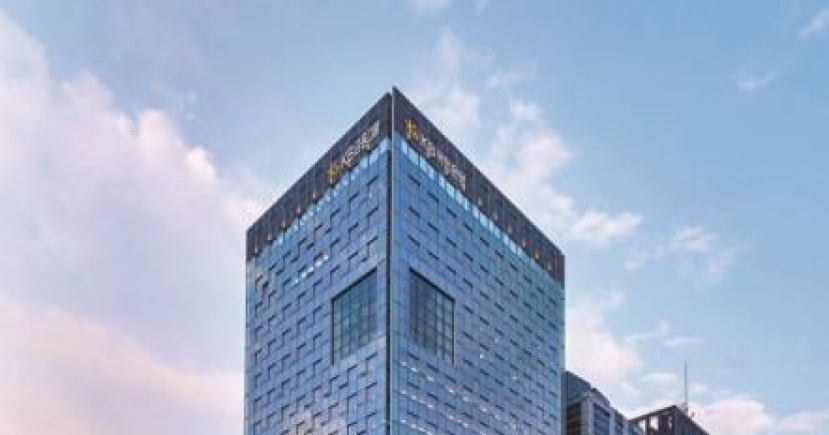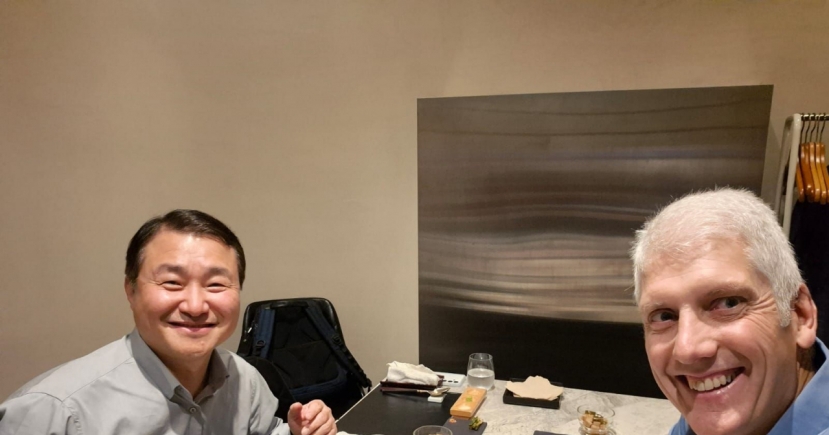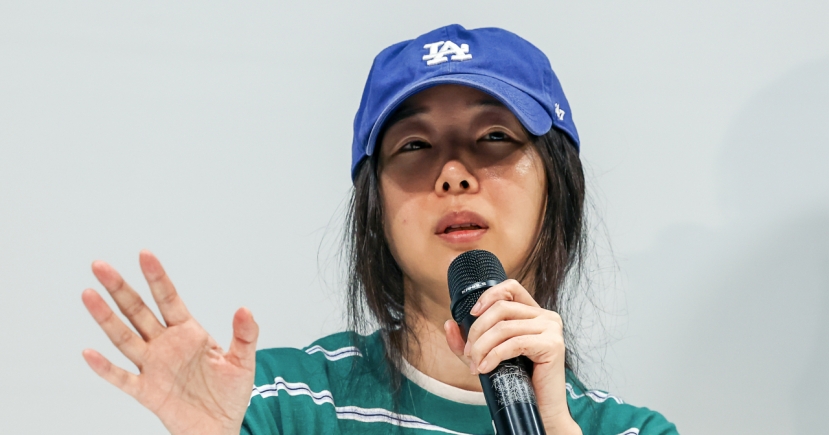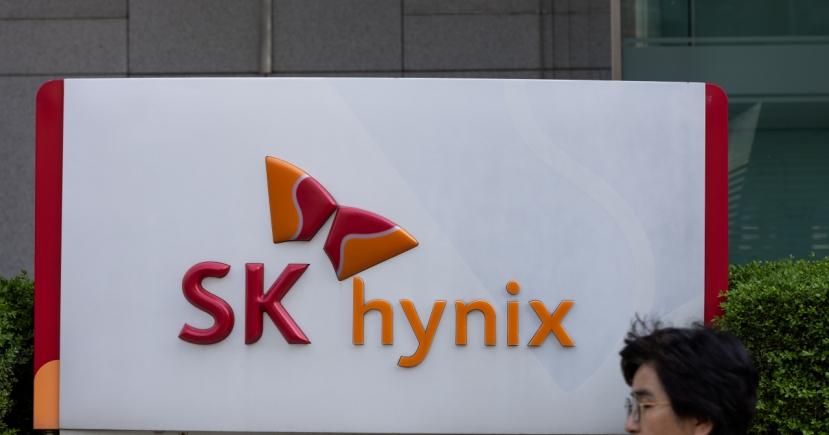Economy
[THAAD] Seoul, Washington step up diplomacy on THAAD row, NK
[THE INVESTOR] Seoul and Washington are ramping up diplomacy with a series of high-level talks amid North Korea’s evolving threats and China’s economic retaliation over a plan to install a US missile shield here.
US Secretary of State Rex Tillerson is scheduled to arrive in Seoul on March 16 as part of his maiden Asia tour that includes stops in Tokyo and Beijing starting March 15. He is expected to visit acting President Hwang Kyo-ahn and hold talks with Foreign Minister Yun Byung-se.
Seoul’s National Security Office chief Kim Kwan-jin will also travel to Washington from March 15 for his first meeting with new US national security adviser H.R. McMaster following their recent phone call.
US Vice President Mike Pence is reportedly planning a trip to South Korea in mid-April, alongside Japan, Indonesia and Australia, though Seoul officials said it has yet to be confirmed.
During the Yun-Tillerson meeting, their second since the secretary took office early last month, they will discuss ways to boost coordination under the Donald Trump administration, which is currently carrying out a North Korea policy review.
Concerns persist that Pyongyang may press ahead with another major provocation in a bid to capitalize on leadership transitions in Seoul and Washington. The allies are also staging their annual military drills designed to better counter a North Korean attack.
Another key feature in the series of gatherings is China’s heated reaction to a Terminal High Altitude Area Defense battery to be stationed here. Its retaliation has been reaching many sectors here from trade and retail to culture and tourism.
“There will need to be a clear message about the steps Beijing has been taking against us,” a ministry official here said Tuesday, requesting anonymity due to the sensitivity of the matter.
“We’re exploring how to convey it, for instance whether through a joint news conference or other public occasions or Tillerson’s upcoming visit to China without public remarks. Whatever the option, our goal is to make sure the message will be delivered to the Chinese side.”
The issues will also be dealt with during a summit between Trump and Chinese President Xi Jinping, slated for next month in Washington. White House Press Secretary Sean Spicer said their first face-to-face encounter is aimed at helping defuse tensions over North Korea and THAAD.
Despite a leadership vacuum and uncertainties ahead of a presidential election, the Seoul officials intend to ensure the allies remain aligned in the face of the mounting challenges at home and abroad, another ministry official said.
“On issues like the THAAD-related situation and worries about an additional, large-scale North Korean provocation, what kind of stance we should take is not an issue of domestic politics but national interest, despite the absence of the president,” the official told reporters on March 13 on customary condition of anonymity.
“Whoever wins the election, South Korea’ role in the region is a critical matter. North Korea is a top priority also for the US’ security, and given the ongoing policy review, (Tillerson’s) visit will provide a good chance for us to input our principles and share decadeslong experience dealing with the North, regardless of the political spectrum.”
Though the details of the trip are still in the making, Washington also said the secretary will “stick to our diplomatic agenda” in Seoul while intensifying discussions on THAAD in Beijing.
“It’s a pretty fast-moving situation in South Korea, and we are … making sure that we are staying in lockstep with our partners,” a senior State Department official said at a recent background briefing.
“I think we’ll continue to discuss this with China. They’re clearly not convinced yet. But I think so far it continues to be a discussion, and it isn’t going to prevent us from continuing to have our cooperative discussions about how we want to jointly work together to approach the North Korea threat.”
By Shin Hyon-hee/The Korea Herald (heeshin@heraldcorp.com)








